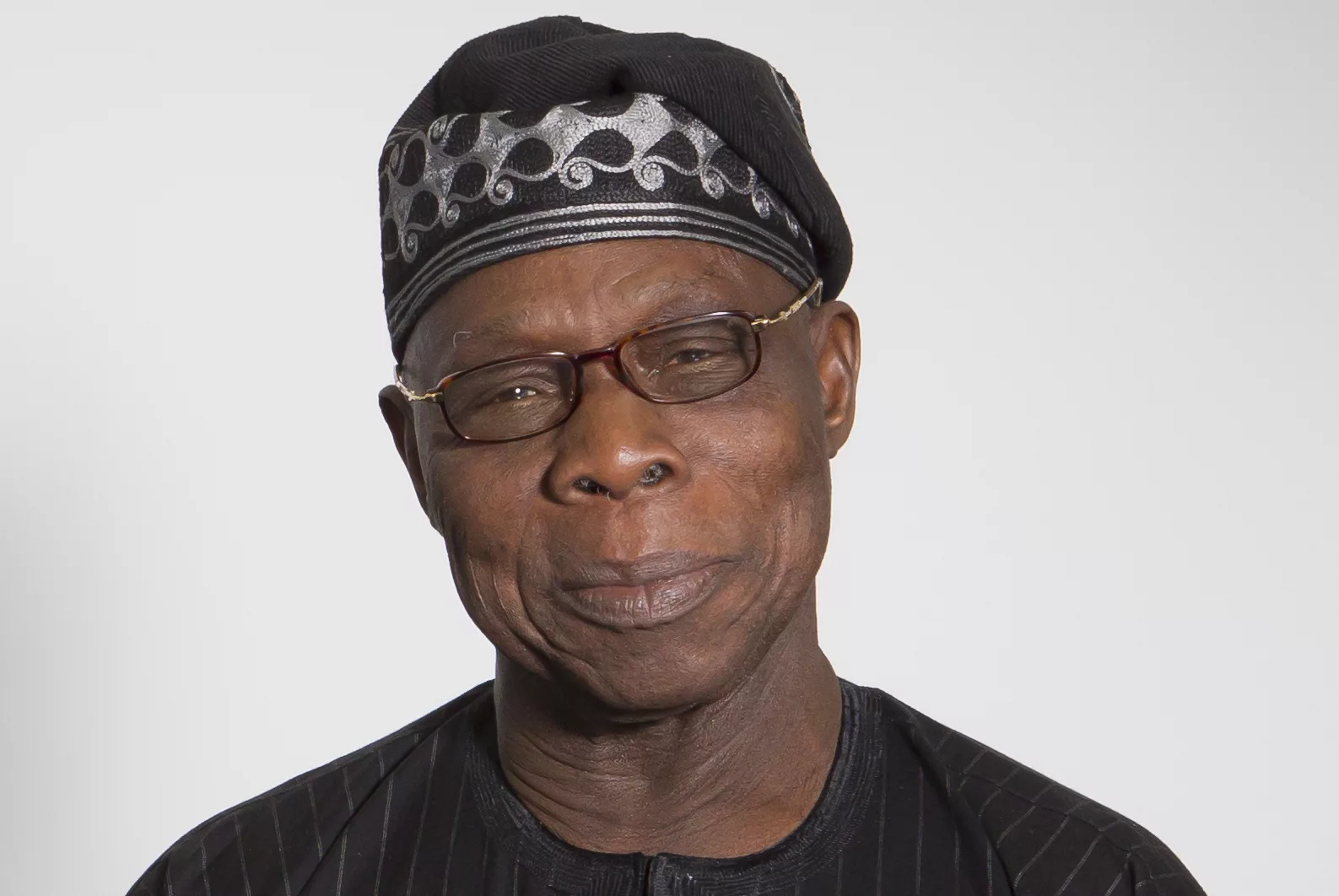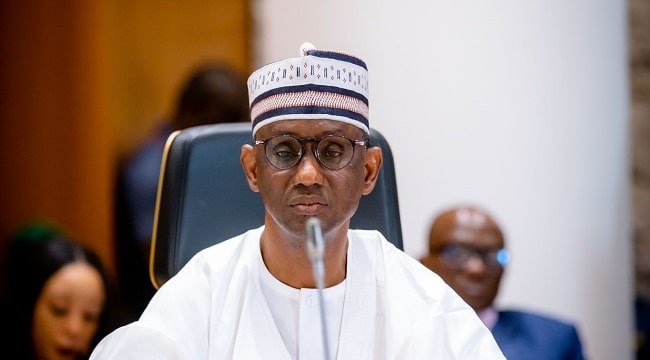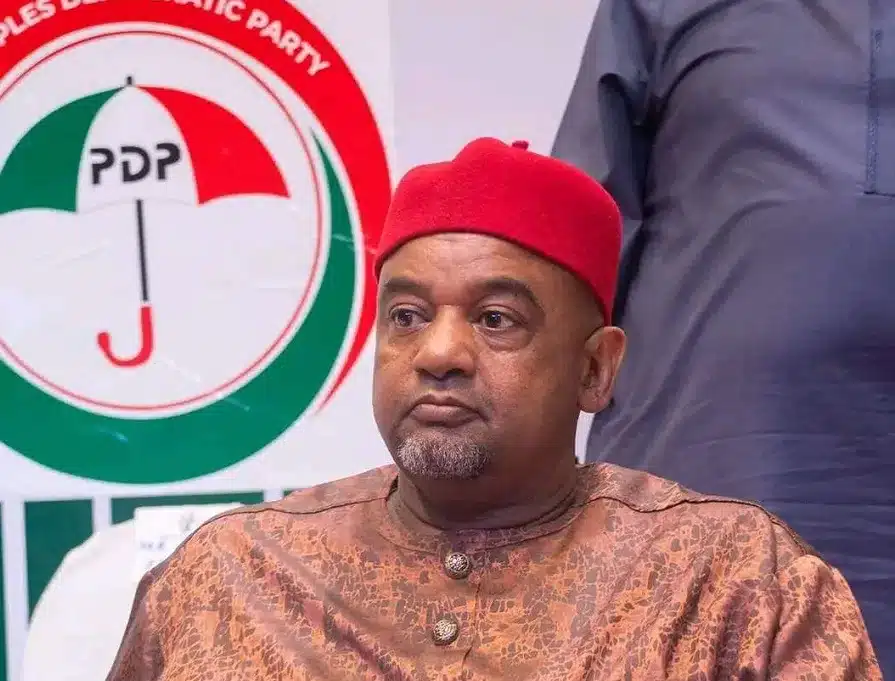The minister of Information and National Orientation, Mohammed Idris, has urged the Nigeria Police Force (NPF) to fully adopt and internalise the National Values Charter, emphasising that doing so would significantly enhance its public image and perception.
The minister made the appeal on Monday in Asaba, Delta State, during a capacity-building workshop for Police Public Relations Officers.
The event, themed “Strengthening Nigeria Police Force Oversight and Responsibility,” provided a platform for discussions on improving the Force’s relationship with the public.
Represented by the Director General of Voice of Nigeria (VON), Mallam Jibrin Baba-Ndace, Idris highlighted the importance of aligning the NPF’s conduct with national values to build trust and confidence among Nigerians.
“The National Values Charter is conceived as a policy blueprint for defining us as Nigerians and upholding the ideals of our shared aspirations. It addresses the gap in our pursuit of national cohesion, social advancement, and an enduring sense of nationalism.
“I urge the Nigeria Police Force to fully embrace the charter, internalize its principles, and use it to foster a new narrative about Nigeria. The Police are at the forefront of shaping public perception, both nationally and internationally,” Idris stated.
The minister emphasised the unique role of the Nigeria Police Force as the primary security agency that interacts closely with a vast segment of the population.
He noted that beyond law enforcement, the police are tasked with protecting the life, dignity, liberty, and property of citizens. These responsibilities, he said, demand accountability to both the Constitution, from which the NPF derives its powers, and the citizens, with whom it maintains a binding social contract.
“There is likely no other security agency with as intimate a connection to the Nigerian populace as the Nigerian Police. The relationship between the Police and Nigerian society is deeply rooted in history, dating back to the 1930 merger of the Northern and Southern protectorate police forces to form the current Nigeria Police Force under the Police Ordinance No. 2 of 1930.
“These oversight roles—spanning public safety, protection of life, and upholding civil liberties—require the Police to be accountable to the Constitution and the people they serve,” Idris said.
He underscored the need for mutual understanding and shared responsibility between the Police, government, and the public, adding that effective policing is impossible without public trust and cooperation. Public trust, he noted, is the most pressing challenge facing the NPF today.
“In our evolving development as a nation, the Police have faced a complex challenge: protecting civil rights while maintaining order. This struggle has been compounded by internal factors affecting their professional effectiveness.
“As a result, the public has struggled to embrace the slogan ‘Police is Your Friend.’ However, this issue is not unique to Nigeria. Within the broader context of trust deficits between government institutions and citizens, the role of public relations has become critical in repositioning the Police as a trusted institution,” he stated.
The minister commended the leadership of the NPF and the Force Public Relations Officer, ACP Olumuyiwa Adejobi, for organizing the event and inviting him to deliver the keynote address.
He also acknowledged the growing awareness among Nigerians about the strategic role of key state institutions like the Police in complementing national development efforts. Additionally, he lauded the NPF for aligning its operations with President Bola Ahmed Tinubu’s vision of fostering efficiency and delivering effective services.

 2 hours ago
1
2 hours ago
1















 English (US) ·
English (US) ·